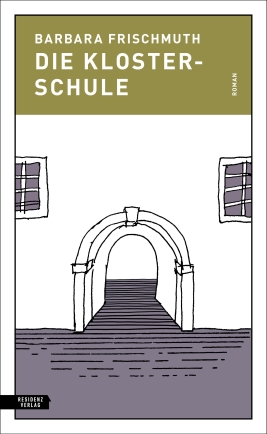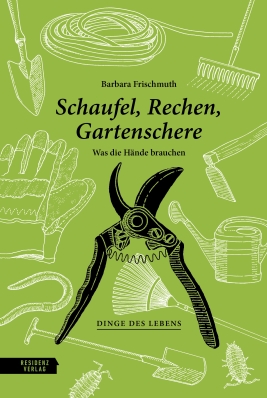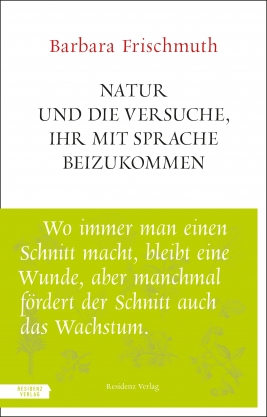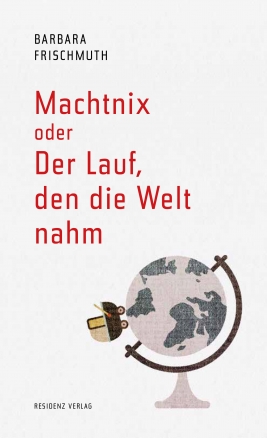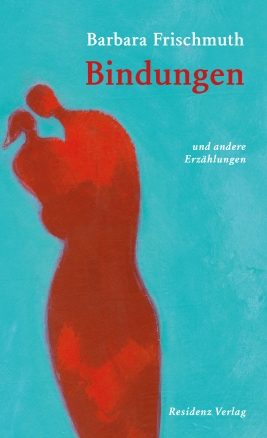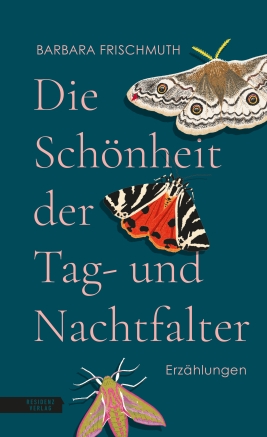
Barbara Frischmuth - The Beauty of Butterflies and Moths
These small masterpieces of the imagination are also an impassioned plea against the human exploitation of nature.
Dazzling blue beetles, furry moths, bold grasshoppers and shimmering dragonflies are the heroes of Barbara Frischmuth’s new short stories. Yet when we look more closely, we realise they are about more than just carefully observed insects: they are about the delicate symbioses between humans and nature, about rare hybrid beings, half girl and half beetle, about talking dragonflies and about what we can learn from the ingeniousness of grasshoppers. Written with affectionate humour, these stories reveal how profoundly human beings are a part of nature. As gardener and poet Barbara Frischmutch never tires of repeating: our only chance of survival is to develop a relationship with nature based on respect and mindfulness.
Book details
128 pagesformat:125 x 205
ISBN: 9783701718047
Release date: 10.02.2025
License rights
- World rights available






